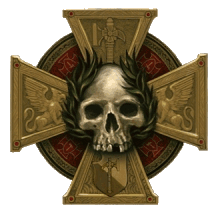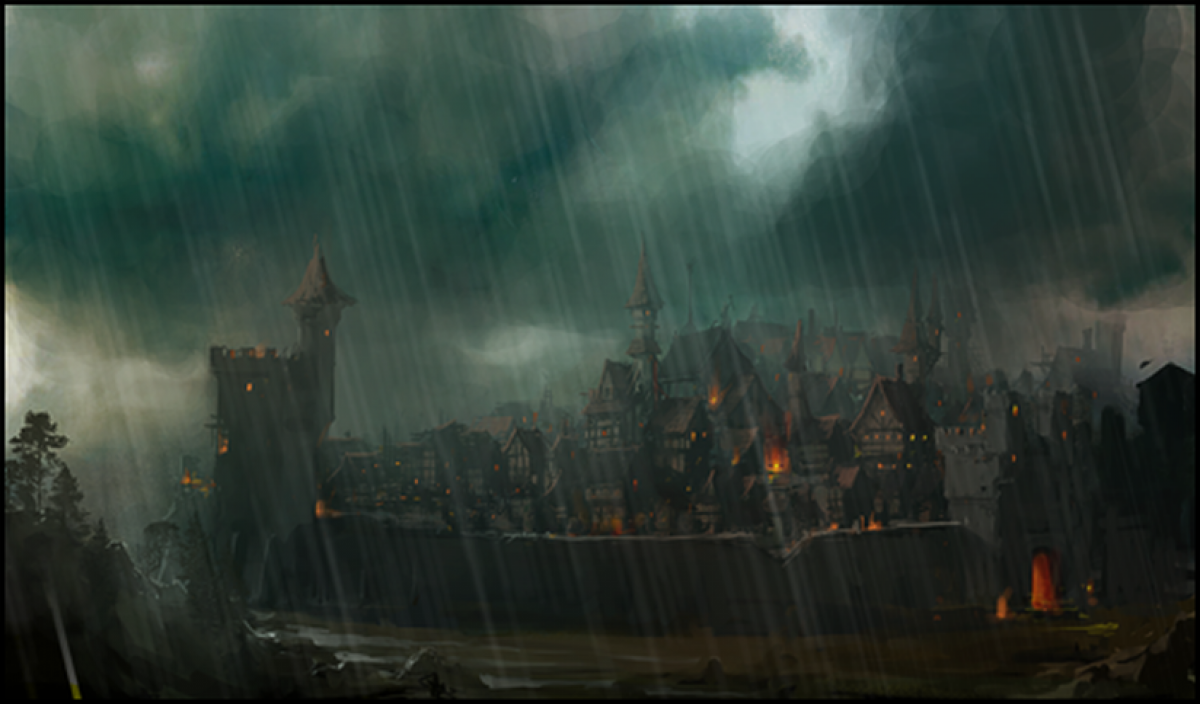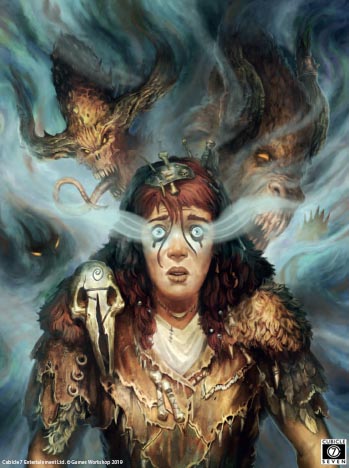Another year, another semi-spooky event. You know the drill. For the rest of November I’ll review some of my favorite (and ideally slightly creepy) RPG scenarios and campaigns.
This year I want to start with an absolute classic – “The Haunting” is the quintessential Call of Cthulhu scenario. Written by the legendary Sandy Petersen, it pits the investigators against a certain, seemingly haunted house in Boston. The landlord wants to sell the estate but before he can do this, he needs to make sure that it’s completely “normal”. The so-called Corbitt house has a grim history, and all is not as it seems when it comes to this decrepit and seemingly abandoned building…
Obviously there are mild spoilers included in this review. You’ve been warned.
“The Haunting” is one of the best known CoC scenarios because A) it has everything a good Lovecraftian story should and B) it’s very welcoming to both new Keepers and players. The Investigators will need to piece together the dark and disturbing story of the Corbitt house, interview various NPC who knew people that lived within its mouldy walls and maybe even some of the residents themselves!

When the PCs finally enter the dusty interior of the (apparently) haunted house, their mettle will be tested beyond their wildest dreams… or rather nightmares. Death and madness stalk the confines of the Corbitt house, and they’re not even the worst things that can be found within. Even though “The Haunting” is something of a intro into the Call of Cthulhu, it dosen’t hold any punches. The Investigators can (and probably will) die, go mad or at least end up heavily injured. I love it. I really do, because this is one of those introductory scenarios that shows you just how brutal and unforgiving a game setting can actually be. Those of you who played even a single CoC session, know exactly that this isn’t a title which holds players by their hands. Instead it rips their arms from their sockets and beats them to death with their former appendages! There’s a certain honesty in that, even if this style of narration and gameplay isn’t for everyone.
“The Haunting” is a rather short scenario, as it should be, being an intro to the game and all. We’ve finished it in less than 5 hours and it left us wanting more! Needless to say we’ve spent the next couple of months enjoying the madness-inducing fun of Call of Cthulhu and we’ll surely return to this fantastic system in the future. I can safely recommend this adventure to everyone who’d like to try out this venerable and engaging system, as well as people who are already neck-deep in the Mythos (although you probably know “The Haunting” already!). You can find it here, for free, together with basic rules for the 7th edition of the Call of Cthulhu RPG by Chaosium Inc. Give it a shot, you won’t be dissapointed. Just be careful and stay away from the walls…
Until next time!
Xathrodox86


